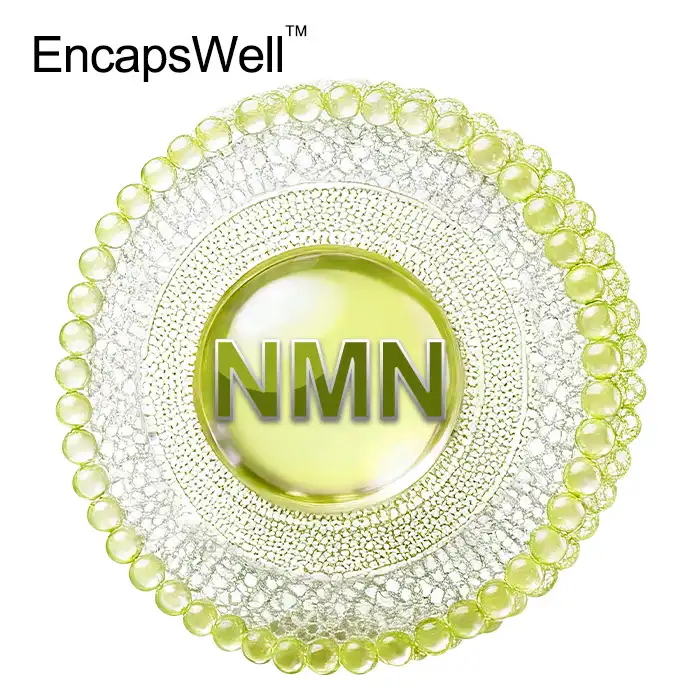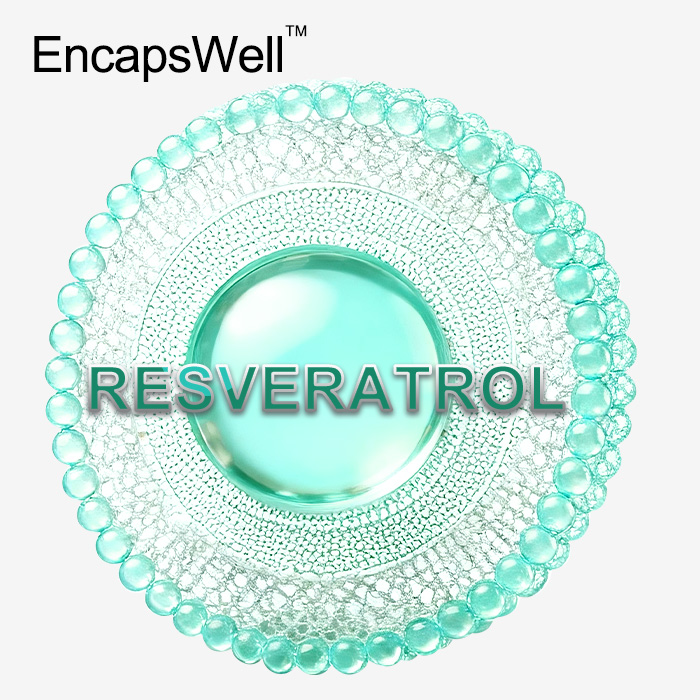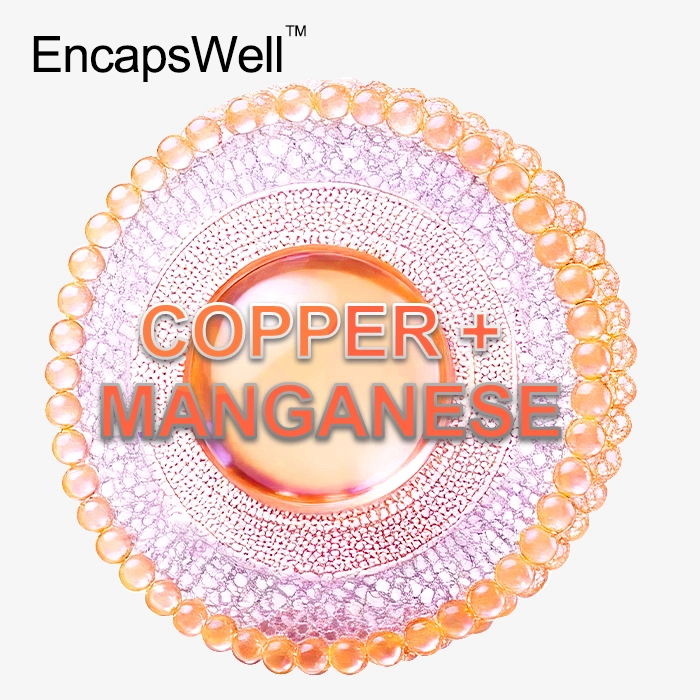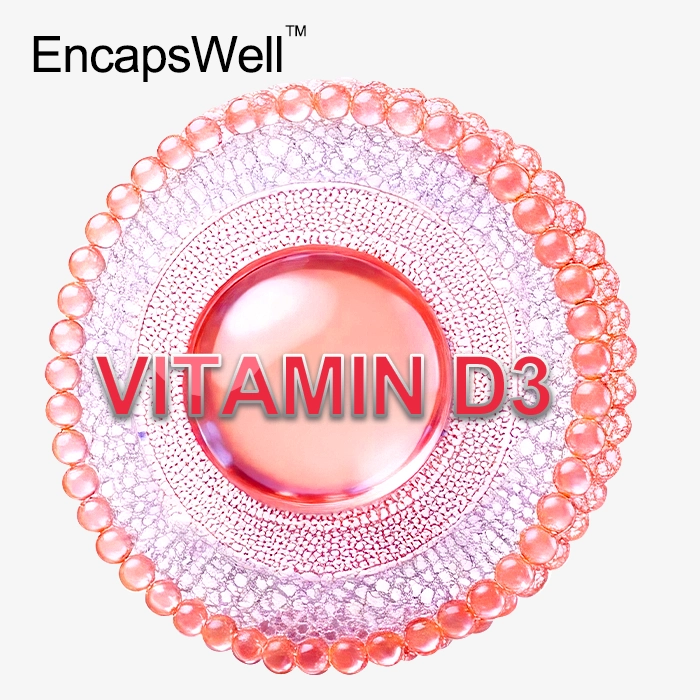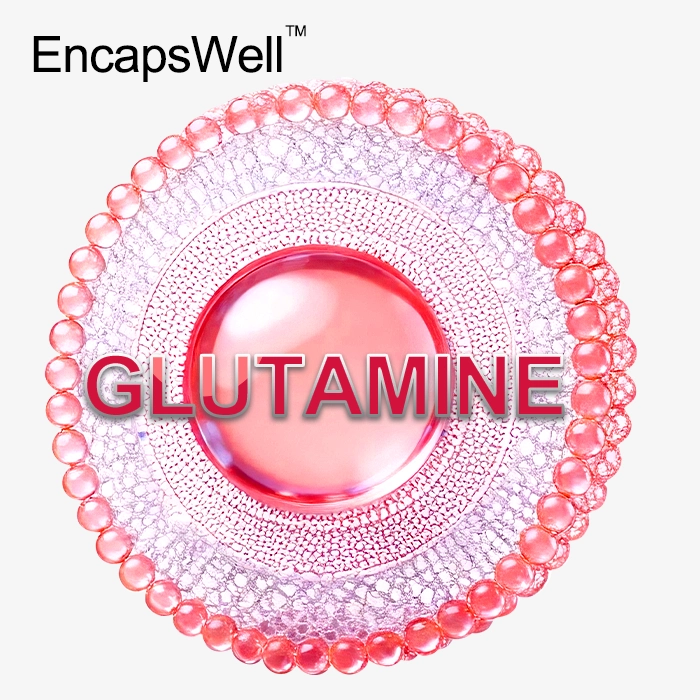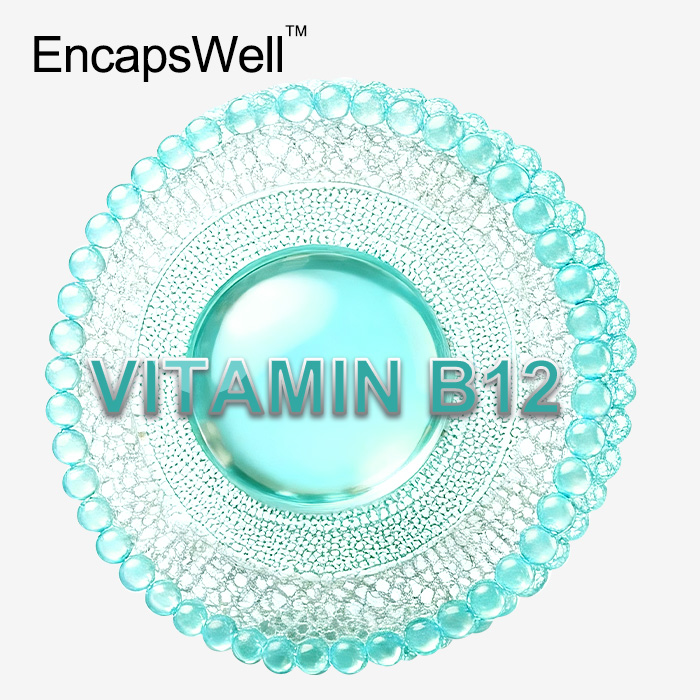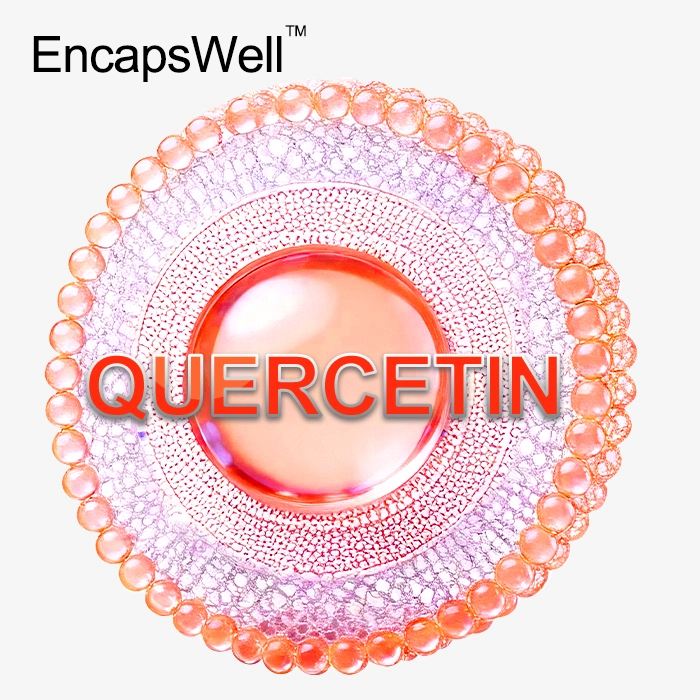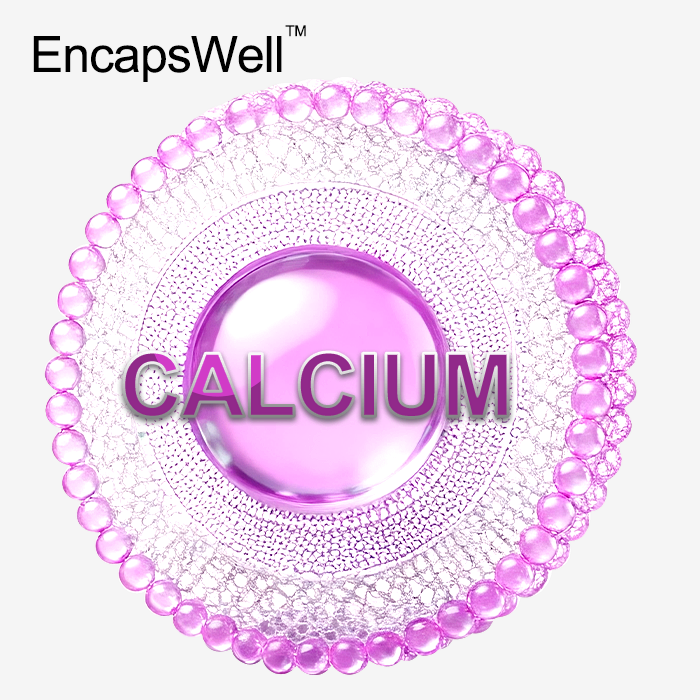Liposomal CoQ10 for Athletes: Boost Performance and Recovery
For athletes, liposomal CoQ10 powder offers a dual advantage, boosting both performance and recovery through superior cellular delivery. Coenzyme Q10 is the linchpin of energy production within the mitochondria, the powerhouses of your muscle cells. By fueling the creation of ATP, it directly supports muscular endurance and power output. Intense exercise, however, also creates massive oxidative stress, which can lead to muscle damage and fatigue. Liposomal CoQ10 acts as a potent antioxidant, neutralizing these harmful free radicals. The "liposomal" encapsulation is the game-changer: it protects the CoQ10 molecule and ensures it is absorbed at a much higher rate, delivering more of this vital nutrient to your cells for maximum impact.
Fueling the Engine: CoQ10 and Cellular Energy for Peak Performance
The Role of Mitochondria in Athletic Output
Think of your muscles as high-performance engines. The power for these engines comes from billions of tiny organelles inside your cells called mitochondria. These are the cellular power plants, responsible for converting the fats and carbohydrates from your food into adenosine triphosphate (ATP), the primary energy currency of the body. Every muscle contraction, from a powerful leap to the simple act of breathing, is powered by ATP. The density and efficiency of mitochondria in muscle tissue are key determinants of an athlete's endurance and capacity for sustained effort. Healthy, well-fueled mitochondria are the biological foundation of elite athletic performance.
CoQ10: The Spark Plug for ATP Production
If mitochondria are the engines, CoQ10 is the essential spark plug. Its primary function is to act as a crucial cofactor in the electron transport chain, the final and most important stage of ATP production. CoQ10 shuttles electrons between protein complexes within the mitochondrial membrane, a process that drives the generation of ATP. Without sufficient CoQ10, this energy production line becomes slow and inefficient. The result is less available energy, leading to premature fatigue and reduced power output. Replenishing CoQ10 levels ensures this vital chain reaction operates smoothly, maximizing the energy yield from every calorie consumed.
Why Athletes Have Higher CoQ10 Demands?
Intense physical activity places an enormous demand on the body's energy systems. During exercise, muscle cells can increase their ATP turnover by hundreds of times compared to when at rest. This rapid energy expenditure requires a correspondingly high level of mitochondrial activity and, therefore, a greater supply of CoQ10. The body's natural production of CoQ10 can decline with age and may not be sufficient to meet the extraordinary demands of rigorous training. This makes liposomal CoQ10 supplementation a strategic consideration for serious athletes looking to maintain optimal energy levels, prevent performance plateaus, and support their body's fundamental power-generating capacity.
The Recovery Advantage: Combating Oxidative Stress with Liposomal CoQ10
Exercise-Induced Oxidative Stress Explained
During strenuous exercise, your body's oxygen consumption skyrockets to fuel working muscles. A natural byproduct of this increased metabolic rate is the production of free radicals, which are highly reactive molecules that can damage cell membranes, proteins, and DNA. This phenomenon, known as exercise-induced oxidative stress, is a primary contributor to delayed onset muscle soreness (DOMS), inflammation, and cellular fatigue. While some level of stress is necessary to signal adaptation, excessive amounts can impair recovery, compromise immune function, and hinder long-term progress. Effectively managing this oxidative burden is crucial for consistent training.
CoQ10 as a Potent Cellular Antioxidant
Coenzyme Q10 is one of the very few antioxidants that is lipid-soluble and produced by the body itself, functioning directly within the mitochondrial and cell membranes where free radical damage is most prevalent. It exists in two forms: ubiquinone (the oxidized form) and ubiquinol (the reduced, active antioxidant form). As ubiquinol, CoQ10 directly neutralizes free radicals, protecting the delicate fats in cell membranes from damage. It also helps regenerate other antioxidants like Vitamin E, further bolstering the cell's defense system. This targeted protection helps preserve mitochondrial integrity and reduces the muscle damage that can slow down recovery.
The Liposomal Edge in Bioavailability
The biggest challenge with standard CoQ10 supplements is their notoriously poor absorption. Being a large, fat-soluble molecule, it does not dissolve well in the gut and has a difficult time passing into the bloodstream. This is where liposomal coenzyme Q10 offers a revolutionary solution. By encapsulating the CoQ10 molecule within a phospholipid sphere, it is protected from the harsh digestive environment and transformed into a format that the body can readily absorb. This liposomal structure can fuse with intestinal cells, delivering the CoQ10 payload directly into circulation and, ultimately, into the muscle cells where it’s needed most. This results in dramatically higher plasma concentrations and a more powerful effect.
Building a Winning Formula: The Commercial Value of Liposomal CoQ10 Powder
Meeting the Demand in the Sports Nutrition Market
The sports nutrition landscape is shifting. Athletes are moving beyond simple protein powders and are increasingly focused on cellular health, mitochondrial function, and efficient recovery. They are looking for products that offer a real, tangible edge. The scientific narrative behind liposomal CoQ10 - superior bioavailability leading to better energy production and antioxidant protection - is compelling and easy to communicate. Offering a product with this advanced ingredient immediately positions a brand as a leader in innovation and efficacy, appealing directly to the discerning athlete willing to invest in superior results.
Formulation Versatility for Modern Products
The powder format of liposomal CoQ10 powder provides exceptional versatility for product developers. This stable, water-dispersible powder is ideal for a range of popular athletic supplement formats. It can be seamlessly incorporated into pre-workout or post-workout drink mixes, filled into capsules for convenient daily dosing, or even included in functional energy gels. Furthermore, it combines synergistically with other popular sports nutrition ingredients like L-Carnitine (for fat metabolism), PQQ (for mitochondrial biogenesis), and B-vitamins (for energy pathways), allowing brands to create comprehensive, high-potency formulas that target multiple aspects of athletic performance.
The Power of Clean Labels and Quality Assurance
Trust is the currency of the supplement industry. Athletes, in particular, scrutinize labels to ensure they are consuming safe and effective products. Sourcing a high-quality liposomal CoQ10 from a cGMP-certified facility is the first step in building this trust. Formulations that utilize non-GMO ingredients and sunflower-based phospholipids (making them soy-free and vegan-friendly) align with the clean-label trend and broaden consumer appeal. Providing transparency through quality certifications and scientific validation demonstrates a brand's commitment to excellence and gives consumers the confidence they need to make your product their go-to choice.

Conclusion
For athletes striving for peak performance and rapid recovery, every cellular advantage matters. Liposomal CoQ10 stands out as a critical tool, addressing two core needs: energy production and oxidative protection. By fueling the mitochondrial engine and shielding muscle cells from exercise-induced damage, it supports both endurance and resilience. The liposomal delivery system elevates its efficacy from a simple supplement to a high-impact nutrient, ensuring that the body can actually absorb and utilize it. For sports nutrition brands, incorporating this advanced ingredient is a direct route to creating powerful, scientifically-backed products that deliver the results serious athletes demand.
FAQs
What is the difference between Ubiquinone and Ubiquinol?
Ubiquinone is the oxidized form of CoQ10, which the body uses primarily in the energy production cycle. Ubiquinol is the reduced, active antioxidant form. Younger, healthy individuals can convert ubiquinone to ubiquinol efficiently. Both forms can be delivered via liposomal technology, but ubiquinol is often preferred in recovery-focused formulas for its direct antioxidant power.
How does liposomal CoQ10 differ from the regular CoQ10 in softgels?
Standard CoQ10, even in oil-based softgels, is a large, crystalline molecule with very low water solubility, leading to poor absorption. Liposomal CoQ10 encapsulates the nutrient in a phospholipid layer, making it water-dispersible and mimicking the body's own cell membranes. This allows it to bypass normal absorption limits and be delivered into the bloodstream at a much higher rate, resulting in superior bioavailability.
When is the best time for an athlete to take liposomal CoQ10?
For general mitochondrial support and to maintain stable levels, consistent daily use is most important. Some athletes prefer to take it 30-60 minutes before a workout to support energy production during their session. Others focus on taking it post-workout to help combat oxidative stress and aid recovery. The best strategy often depends on individual response and training goals.
Leading Liposomal CoQ10 Powder Manufacturer | EmerWell
Are you looking to create a superior sports nutrition product that delivers a real competitive edge? As a premier liposomal CoQ10 powder manufacturer and supplier, EmerWell provides the advanced technology to bring your vision to life. Our proprietary EncapsWell™ liposomal platform and PhD-led R&D team ensure your product achieves maximum bioavailability and stability. Our cGMP-certified factory is your trusted partner for creating market-leading formulations. Elevate your brand with a science-backed ingredient. Contact us at: info@emerwell-bio.com.
References
Cooke, M., Iosia, M., Buford, T., Shelmadine, B., Hudson, G., Kerksick, C., Rasmussen, C., Greenwood, M., Leutholtz, B., Willoughby, D., & Kreider, R. (2008). Effects of coenzyme Q10 supplementation on exercise performance and markers of oxidative stress in trained athletes. Journal of the International Society of Sports Nutrition, 5, 8.
Gökbel, H., Gül, I., Belviranl, M., & Okudan, N. (2010). The effects of coenzyme Q10 supplementation on performance during repeated bouts of supramaximal exercise in sedentary men. Journal of Strength and Conditioning Research, 24(1), 97-102.
Alf, D., Schmidt, M. E., & Siebrecht, S. C. (2013). Ubiquinol supplementation enhances peak power production in trained athletes: a double-blind, placebo-controlled study. Journal of the International Society of Sports Nutrition, 10(1), 24.
Díaz-Castro, J., Guisado, R., Kajarabille, N., García, C., Guisado, I. M., de Teresa, C., & Ochoa, J. J. (2012). Coenzyme Q10 supplementation ameliorates inflammatory signaling and oxidative stress associated with strenuous exercise. European Journal of Nutrition, 51(7), 791-799.
Littarru, G. P., & Tiano, L. (2010). Clinical aspects of coenzyme Q10: an update. Nutrition, 26(3), 250-254.
Žmitek, K., Pogačnik, T., Mervic, L., Jarić, I., & Pravst, I. (2017). The effect of dietary intake of coenzyme Q10 on skin parameters and condition: Results of a randomised, placebo-controlled, double-blind study. Biofactors, 43(1), 132-140.
Have a project in mind? Tell us your goals — we’ll help you make it real.

